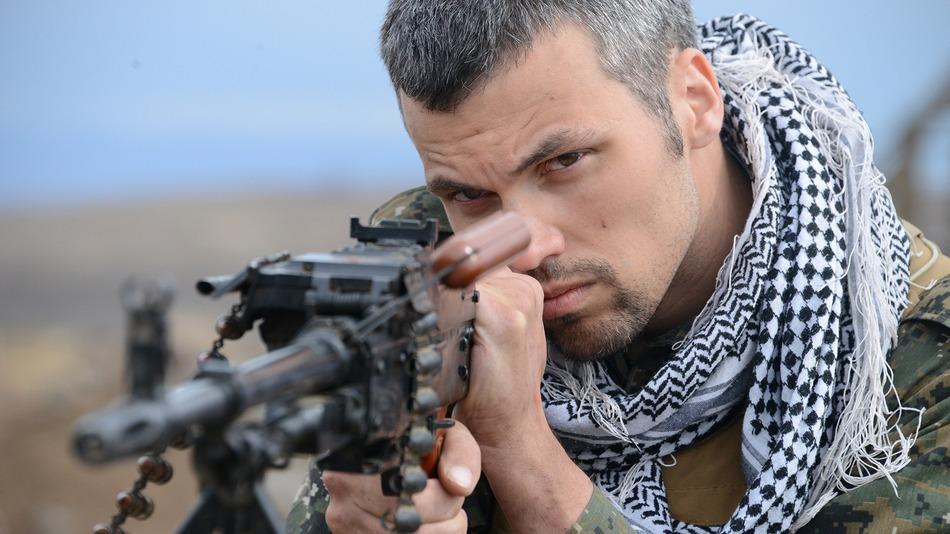Lawmakers at the local and national level held hearings related to gun rights laws in state legislatures and Congress on Thursday. The hearings ranged from allowing concealed weapons on college campuses, to cross-state recognition of concealed carry permits.
Some of the legislation includes revived measures that failed two years ago in the wake of the Sandy Hook shootings.
The hearings came the day after a U.S. district court judge in Texas ruled that it is legal for non-residents to buy guns and then travel to their home state with the weapon. That ruling, would most directly impact Washington, D.C. residents since carrying a firearm is almost completely prohibited in the district. The ruling will likely be challenged by U.S. Attorney General Eric Holder.
Guns on Campus
In Texas, lawmakers held court over galleries of both pro- and anti-gun advocates who filled public galleries as they discussed legislation about legalizing handguns on college campuses and open carry everywhere else.
Similar measures have failed in past years, but are expected to pass this time. The student senate of Texas A&M University, the largest institution of higher education in the state, already came out in support of concealed weapons on their campus in December.
They cite personal protection and safety as part of the reason for the support.
The decision of the more than 56,000-strong student body argues that just because campus is legally a gun-free zone, that’s not enough to deter criminals. They say that potentially unarmed victims can be preyed upon “completely unopposed.”



